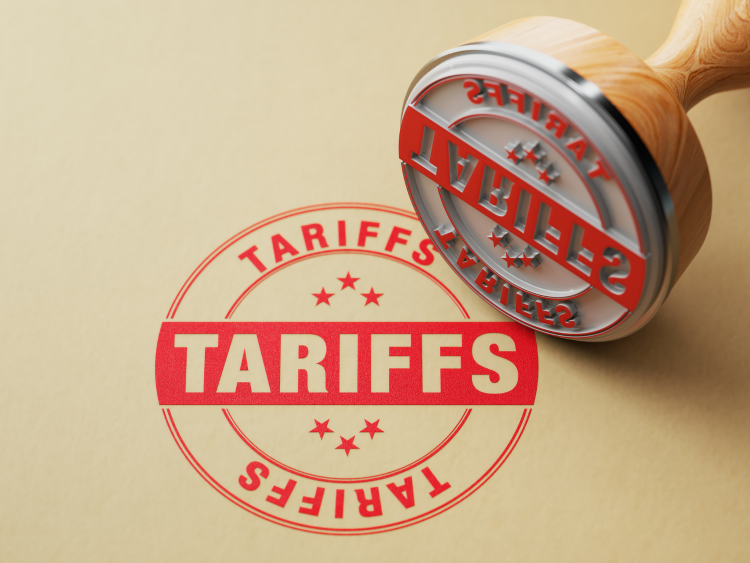Market Segment

February 13, 2025
Manufacturers brace for higher costs with tariffs in play
Written by Stephanie Ritenbaugh
Manufacturers, automakers, and contractors along the supply chain are bracing for impact as 25% tariffs on steel and aluminum will soon be on the table.
Trump authorized the new tariffs under Section 232 this week. However, unlike the first time Section 232 was employed during Trump’s first term in 2018, the latest iteration removed quotas, exemptions, and other carve-outs accumulated over the years. Meanwhile, Canada, Mexico and Europe are calling for retaliatory tariffs.
This week, Ford CEO Jim Farley told the Wolfe Research Auto, Auto Tech and Semiconductor Conference in New York that “so far what we’re seeing is a lot of cost and a lot of chaos.”
“Let’s be real honest: Long term, a 25% tariff across the Mexico and Canada borders would blow a hole in the US industry that we’ve never seen,” Farley was quoted by the Detroit Free Press. “Frankly, it gives free rein to South Korean, Japanese and European companies that are bringing 1.5 million to 2 million vehicles into the US that wouldn’t be subject to those Mexican and Canadian tariffs. It would be one of the biggest windfalls for those companies ever.”
The Coalition of American Metal Manufacturers and Users (CAMMU) issued a statement saying that “reimposing 25% percent tariffs on steel and aluminum imports from our allies and without a workable exclusion process puts US manufacturers directly in harm’s way.”
The trade group, which represents the manufacturing sector and downstream supply chains, said Section 232 tariffs have driven up steel and aluminum prices and lead times over the last six years. It also warned that foreign customers are shifting supply chains away from US producers, which particularly harms smaller, family-owned businesses.
“Beyond manufacturing, the impact will extend to other sectors as major US exports are hit with retaliatory tariffs from key trading partners,” the organization stated. “This trade war threatens manufacturing jobs that have benefited from other pro-manufacturing policies enacted by the Trump administration. Expansion plans will stall, and companies will face tough decisions regarding technology investments, workforce retention, and long-term growth.”
Construction sector concerns
Ken Simonson, chief economist of the Associated General Contractors of America, noted that the construction industry is especially vulnerable to imported steel and aluminum, as many products can’t be sourced in the United States.
In the short term, contractors will have to eat the higher costs, as most construction work is done on a fixed-price contract or guaranteed maximum price. However, new projects are negotiated, and those higher costs will be worked into bids, he said.
“Construction firms need to be looking very closely at the amount of steel and aluminum that they need for each project, what the possible sources are, and whether there is any alternative that they can propose to the owner or the designer of the project in order to minimize those cost impacts,” Simonson said.
Steel mills have welcomed the tariffs as they drive more demand for their products and services. However, buyers might find delivery times have increased as more customers put in orders, Simonson noted.
“There’s going to be a trade-off there between paying more to get it quickly, or letting that project delivery date slip, which is also expensive,” he said.
Steel mills have the capacity to meet demand, but aluminum is another story, Simonson added.
“For aluminum, you need cheap electric power, and that’s gotten mighty scarce in the US, particularly as more and more data centers are bidding for power,” Simonson said. “So while aluminum is not as major a component of construction as steel, it’s the one that may see steeper price increase and really not much production response in the US. It’s just going to show up in higher prices.”







